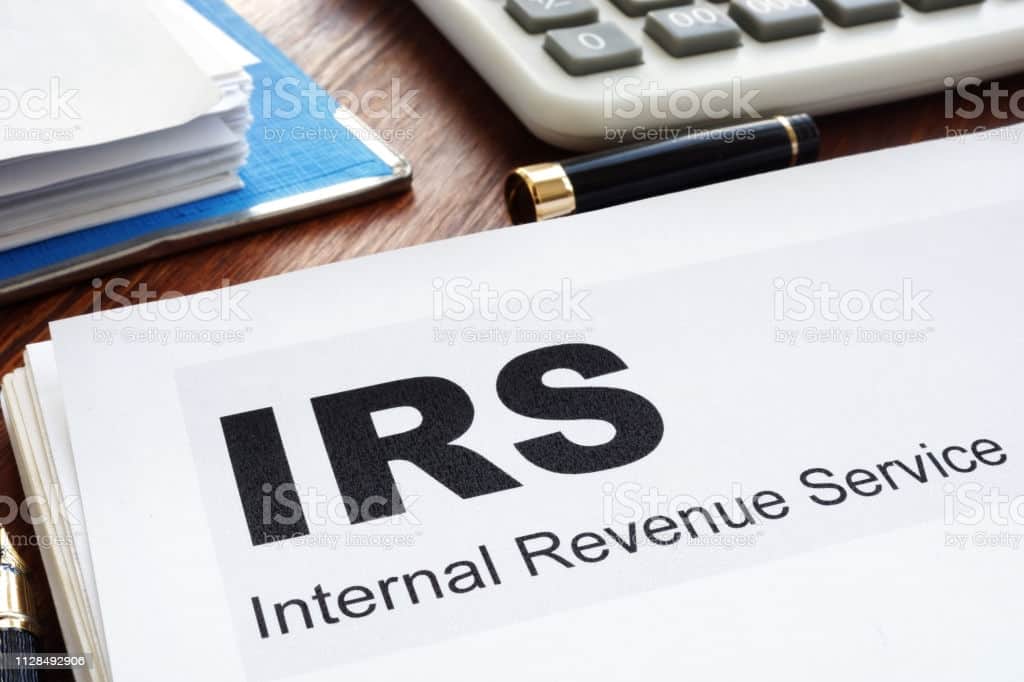During the past two years, dealing with the IRS takes longer than usual due to the COVID-19 Pandemic and reduced personnel. At least 10 million returns from last year remain unprocessed because of short staffing at the tax collector, according to the national taxpayer advocate. The IRS itself warned taxpayers this week that staffing shortages and backlogs would translate into another frustrating filing season, which begins on Jan. 24 and runs through April 18 (in most states). Taxpayers or tax practitioners should expect continued delays from the Service in live phone support, answering mails from taxpayers, reviewing paper returns and even e-filed returns, processing payments.
Here are few suggestions to deal with today’s IRS.
- Choose electronic filing (e-file) and set up direct deposit for faster refund: In general, the IRS aims to send refunds within 21 days. The best way to ensure you get your refund faster is to file tax early, try to put your taxes together with a qualified tax professional, request the option to e-file and direct deposit. According to IRS.gov, eight out of 10 taxpayers get their refunds by using direct deposit. E-filing and direct deposit are also more secure. Since refunds are electronically deposited, there is no risk of having a paper check stolen or lost in the mail. In addition, to avoid the delay, make sure that all the information you include in the tax return is correct and complete. The IRS processes returns on a first come, first served basis. The simpler your return, the faster the IRS should theoretically be able to process it. The more credits you claim, the longer it might take to receive a refund. Other reasons your refund might be delayed include mailing a paper return or not being set up for direct deposit. Of course, having more complicated taxes can’t be helped.
- Read and keep track of every notice received from the IRS: Contact an experienced tax practitioner to review these notices together and take the appropriate responses. Ensure to check with the tax practitioner if any appeal rights are being offered. Here are few common notices forms sent from IRS. The information about these forms is for information purpose, it is strongly advised to consult with your tax practitioners to respond to these notices appropriately.
-
- CP522: This notice states that an installment agreement will default in 10 days unless the taxpayer calls the IRS within 10 days of the notice date at the number listed in the notice to provide updated financial information.
- CP523: This notice is used to inform the taxpayer that the IRS intends to terminate an installment agreement and to seize (levy) wages. There is a toll-freenumber listed at the top-right corner of the page. The notice will state the reasons the installment agreement is going to default. A response is needed within 30 days of the date of the notice.
- CP2000: This notice is issued when the IRS receives income, deduction, or credit information that does not match the taxpayer’s return. In the CP2000, the IRS proposes changes to the taxpayer’s return based on these discrepancies. If the taxpayer does not agree with some or all the changes proposed by the IRS on the CP2000, to preserve the taxpayer’s right to appeal, the CP2000 response form should be mailed to the IRS at the address indicated in the notice (or faxed to the number indicated in the notice) within 30 days of the notice date.
Expect Delays in the IRS responses to letters or notices. The IRS suggests that once a notice is answered, no further action is needed. Even so, a taxpayer or tax practitioner should follow up on all responses to notices after 60 days if a response is not received, in keeping with normal practices
- Status of processing Form 1040 for 2020: The IRS says that, as of Nov. 12, 2021, it had 5.9 million unprocessed individual returns. The IRS suggests that taxpayers who have not received refunds, visit “Where’s My Refund?” at irs.gov/refunds to check the status.
- Status of processing Form 941: As of Nov. 17, 2021, the Service had 2.4 million unprocessed Forms 941, Employer’s Quarterly Federal Tax Return. If a Form 941 was filed electronically and an acknowledgment was received, no further action is needed other than responding to notices and requests for information. The IRS advises taxpayers not to file a second return.
- Sending checks to IRS: Expect delays in processing checks up to 60 days or more. Fortunately, payments are applied on the date they are received and not when they are processed. The IRS has been forgiving dishonored check penalties if checks do not clear because of processing delays. This applies to payments received from March 1, 2020, through Dec. 31, 2020, according to information on the IRS website as of this writing.
For checks that were dishonored in 2021, one can, as a practical matter, request penalty abatement due to processing delays. Attempt to substantiate that the funds were available in the bank on the date that the check was mailed to the IRS. The preparer will need to show reasonable cause to receive penalty relief.
- e-Services (for tax practitioners): Sign up for e-Services to be able to receive transcripts through a secure mailbox and be able to file a power of attorney through the IRS’s new platform, Tax Pro Account, available at www.irs.gov. E-Services is available 24/7. The phone number to reach the e-help desk for tax professionals is 866-255-0654, and hours of operations are 7:30 a.m. to 7 p.m. ET





